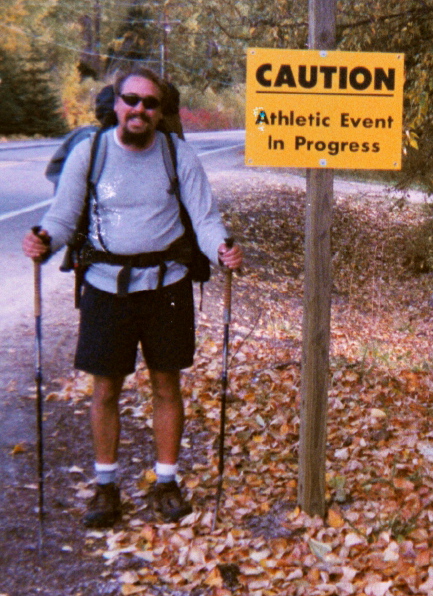Slow Food
The other day I linked to this article about slow food. It seems to have upset some people. Here is the Slow Food USA response. But I really like this response from Kurt Micheal Friese at Gristmill. I just want to highlight a few graphs.
I'm not sure why Mr. Sterling considers these ideas to be so threatening, but the fact is Slow Food couldn't care less what the McDonalds and Monsantos of the world do, until they start to crap where we live. In the meantime, we promote these ideas because we believe them to be good ideas worthy of proliferation and preservation. Food defines who we are as individuals and as cultures. We are truly what we eat, and too many people are fast, cheap and easy. The right of ADM or Monsanto, Applebees or Burger King to swing its arms ends at the tip of the eater's nose. Who owns your food owns you, and it is unwise to let that power rest in the hands of a very few wealthy corporations.[...]
It's being done because, as the Slow Food Foundation for Biodiversity clearly states:
- 75% of European food product diversity has been lost since 1900
- 93% of American food product diversity has been lost in the same time period
- 33% of livestock varieties have disappeared or are near disappearing
- 30,000 vegetable varieties have become extinct in the last century, and one more is lost every six hours
- The mission of the Slow Food Foundation for Biodiversity is to organize and fund projects that defend our world's heritage of agricultural biodiversity and gastronomic traditions.
- We envision a new agricultural system that respects local cultural identities, the earth's resources, sustainable animal husbandry, and the health of individual consumers.
And yes, Mr. Sterling, biodiversity must be served. Nature does not function without it and the industrialization and standardization of food and flavors is a direct threat to that diversity. For those who would like to know the true mission (and criteria) of the Foundation for Biodiversity and the Presidia Projects, please click here.
The food supply is going to get interesting.



No comments:
Post a Comment